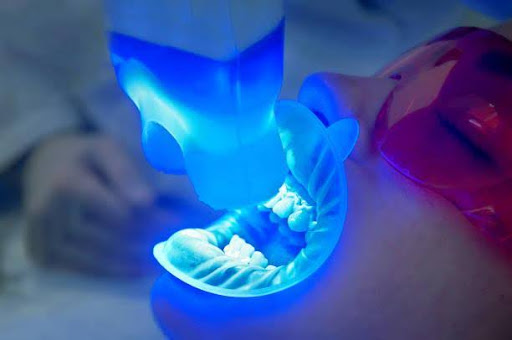What are the Most Common Dental Problems Dentists See?
Dental health is an important part of overall wellbeing, yet many people only visit a dentist when something feels wrong. Understanding the most common dental problems can help you recognise the signs early and seek professional care before issues become more serious. Here are some of the conditions dentists see most often and how they can be treated or prevented.
Tooth Decay (Cavities)
Tooth decay is one of the most widespread dental problems. It occurs when plaque builds up on the teeth and produces acids that erode the enamel. This leads to cavities, which can cause pain, sensitivity, or visible holes in the tooth. Treatment often involves fillings or, in more advanced cases, crowns. Preventing tooth decay comes down to good oral hygiene, limiting sugary foods and drinks, and attending regular check-ups.
Gum Disease (Gingivitis & Periodontitis)
Gum disease starts as gingivitis, which causes red, swollen, or bleeding gums. If left untreated, it can progress into periodontitis, a more severe stage that affects the bone supporting your teeth. This can result in tooth loss if not managed properly. Regular dental cleanings, proper brushing, and flossing are key to reducing the risk of gum disease.
Tooth Sensitivity
Tooth sensitivity is a common complaint, especially when eating or drinking hot, cold, sweet, or acidic foods. It often develops when enamel wears down or gums recede, exposing the sensitive dentine underneath. If you’re struggling with sensitivity, visiting a dentist Modbury can help identify the cause and provide solutions such as fluoride treatments, bonding, or desensitising products.
Tooth Erosion & Enamel Wear
Acidic drinks, teeth grinding, and medical conditions like acid reflux can contribute to enamel erosion. As enamel does not grow back, preventing further damage is crucial. Dentists may recommend fluoride treatments, changes to diet, or a protective mouthguard if grinding is the cause.
Toothaches & Dental Infections
Persistent tooth pain is a clear sign that something is wrong. It may be caused by decay, an abscess, or even a cracked tooth. Dental infections can spread quickly, so prompt treatment is essential. Dentists often use fillings, root canals, or extractions depending on the severity of the problem.
Bad Breath (Halitosis)
Bad breath can be embarrassing, but it is often linked to underlying dental issues such as gum disease, dry mouth, or cavities. A dentist can help pinpoint the cause and provide treatment, whether through a professional clean, lifestyle advice, or further dental work.
Crooked or Misaligned Teeth
Many people experience crooked or misaligned teeth, which can impact both confidence and oral function. Misalignment can make teeth harder to clean and lead to jaw discomfort. Braces or clear aligners are common treatment options to gradually move teeth into the correct position.
Cracked, Chipped or Broken Teeth
Accidents, teeth grinding, or biting into hard foods can lead to cracked or chipped teeth. Depending on the severity, dentists may recommend bonding, veneers, or crowns to restore function and appearance. Seeking treatment quickly is important to prevent further damage.
Oral Cancer (Less Common but Serious)
Although less common, oral cancer is a serious condition that dentists screen for during regular check-ups. Early detection can make a significant difference in treatment outcomes. Symptoms may include persistent sores, lumps, or patches inside the mouth that do not heal.
Preventing Common Dental Problems
While many dental issues are treatable, prevention is always the best approach. Brushing twice daily, flossing, maintaining a balanced diet, and scheduling routine dental visits are simple steps that go a long way in keeping your teeth and gums healthy.
Bottom Line
From tooth decay and gum disease to sensitivity and oral cancer, dentists encounter a wide range of dental problems every day. By understanding the common issues and taking proactive steps, you can reduce your risk and maintain a healthy smile. If you have any concerns about your oral health, don’t wait—book an appointment with your local dentist to get professional care and peace of mind.





